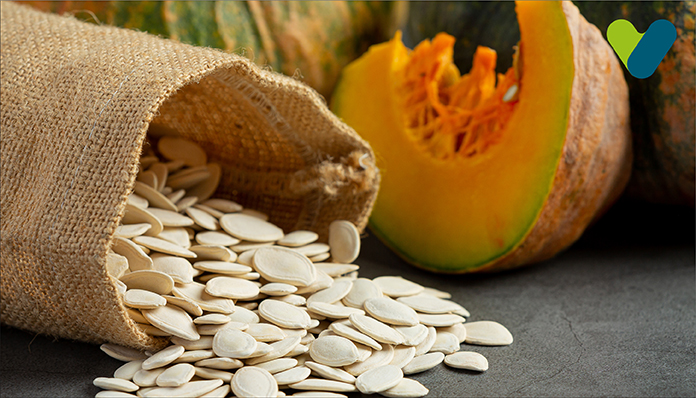Radha, a 12 yr old girl, fainted while playing with her friends. After running all the tests her parents found out she has low vitamin B. The doctor told them that good nutrition is related to overall health and prevention and treatment of many diseases and conditions. Eating daily required vitamin intake is must and B vitamins are for preventive care. As per a study b vitamins present in green vegetables, whole or fortified grains, dairy and meats helps in healthy metabolism and has been associated with reduced risk of stroke.
Why is Vitamin B4 Important?
Vitamin B4 is required for synthesis of DNA and RNA. But this vitamin does many tasks including cell creation and tissue development. Vitamin B4 is also known as adenine and it helps in immune system stimulation, making body resistant to infection and sickness.B4 vitamins play a very important role in overall health and well being. Known as the “building blocks of a healthy body” B vitamins are required for maintaining energy levels, cognitive function and cell metabolism. Vitamin B4 complex helps in prevention of infection and support or promotion of :
- Cellular health, the development of red blood cells, and energy levels
- excellent visual acuity
- brain function that is in good shape
- a healthy digestive system
- Appetite in good health
- nerve function that is in regular working order
- hormones and the synthesis of cholesterol
- the health of the cardiovascular system
- the tone of the muscles
Top 10 Vitamin B4-Rich Foods to Prevent Deficiency
Top 10 Vitamin B4-Rich Foods to Prevent DeficiencyVit B4 can help in treatment of many health conditions like insomnia, anaemia, migraines, high cholesterol, gastritis, gallstones, ageing and pimples. But vitamin B12 deficiency can cause skin diseases, blood issues, vertigo, fatigue, muscle weakness and depression.
Vitamin B4 fortified foods should be included in your daily diet to prevent vitamin B4 deficiency. So have a look at some of the vitamin B4 rich foods.
- Honey in its natural state
- Complete Grains
- Bread Made Using Whole Wheat
- Cloves
- Seeds of Caraway
- Strawberry
- Capsicum
- Apples
- Ginger
- Tomato
Also Read : List of vitamin B complex tablets and their uses
Vitamin B 4 - Summing Up
Make sure you are getting enough B4 vitamin foods in your diet because they are important for your overall health, including heart health. When it comes to the body, vitamin B is good because it helps to preserve cell and neuron health and helps in DNA production.Consult an Internal Medicine Specialist today!


